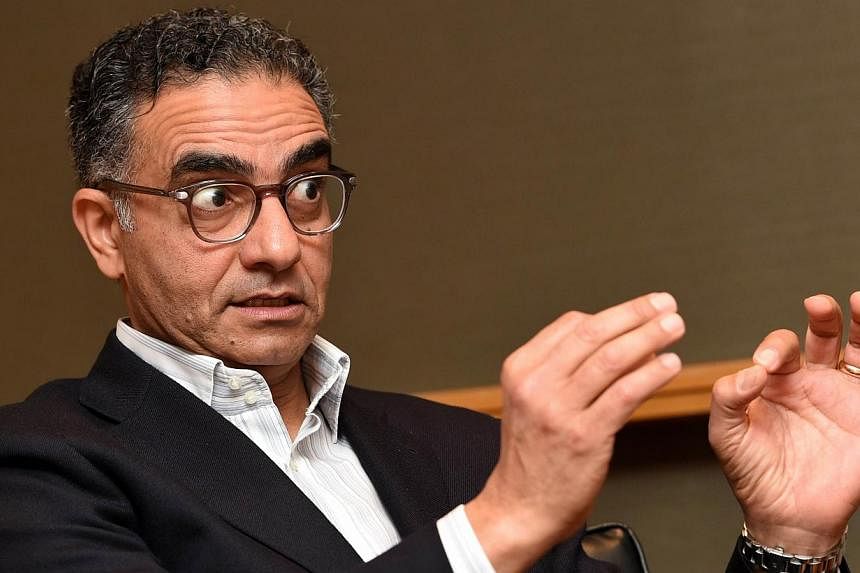SINGAPORE (AFP) - The head of the Internet overseer Icann conceded Thursday that the United States may have to extend its control over the group beyond September as governments bicker over a replacement regulatory regime.
Fadi Chehade, chief executive of the Internet Corporation for Assigned Names and Numbers, said he still hoped that a new oversight system could be agreed in time.
"I will be more disappointed if the transition happened but we are disunited and lose the trust of the world because (stakeholders) are fighting so hard for special interests and forget the public interest," he said in an interview with AFP.
"We are ready for both scenarios. We are ready if the contract needs to be extended a bit and we are ready if it ends."
Icann is in charge of assigning Internet domain names and the numbering codes that lie behind online addresses. It has been overseen by the US government since its inception in 1998, under a contract that expires on September 30.
Some countries including China and Russia are calling for Icann in future to be supervised by an inter-governmental body, without civil society or business representation.
Critics say such a model would provide a powerful tool to repressive regimes.
Chehade said that instead, progress has been made toward Icann becoming answerable to a globally representative group of governments, civil society and businesses.
"It is still possible," he said of the prospect of a new model being agreed before September 30.
"We have a date, and we are working towards that date, but I hope that we don't sacrifice everything for that," he said ahead of the group's latest meeting in Singapore, which begins on Monday.
Chehade said China, until recently a vocal critic of the so-called "multi-stakeholder" model, was showing signs of warming to the plan after senior Chinese officials attended Icann meetings in London last year.
"If the US continues its unique (stewardship) role in Icann... in my opinion, this is what could fragment the Internet and cause other governments to say this is not a neutral and trustworthy place," Chehade said.
He also addressed fears by some US lawmakers that Washington's ceding of Icann oversight could lead to control of the group being wrested by other governments, undermining the US's own national interest.
"I think that concern, to be honest, is sincere. The antidote to such capture is good governance and a bottom-up multi-stakeholder approach that makes it nearly impossible for any one party to gain control," he said.
Another topic expected to be discussed at the four-day meeting in Singapore is demand in Asia for an array of new domain names that go beyond the conventional .com, .net, .gov and .edu.
Among them are "internationalised domain names", which allow Internet users to access domain names in their own languages and scripts.
"I am very hopeful this will end up being very impactful, especially in Asia... where there are billions who may not be able to type in Latin letters," Chehade said.

